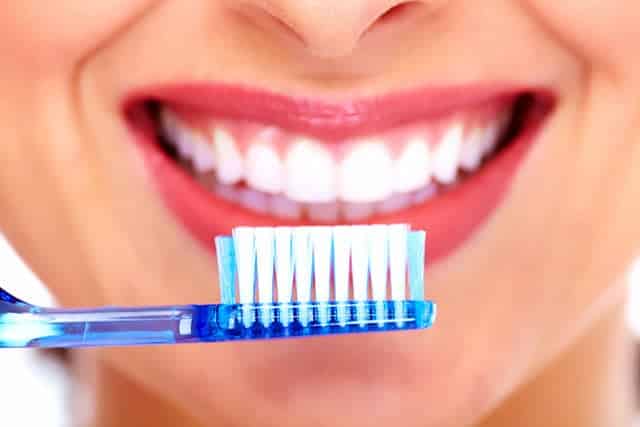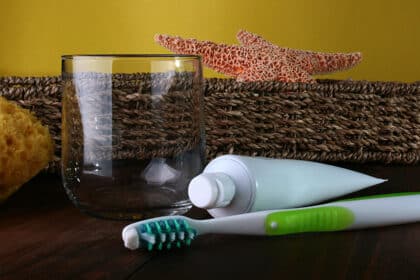What Is Oral Health Like In Other Countries?
Having good oral health is important, regardless of what country you live in. Unfortunately, not all people are as well informed or as well supplied with proper information and important items to maintain their oral health, even in North America. Knowing this, we wanted to see what the history of oral health was like in other areas of our globe.

Europe
What would it be like to go get a haircut and have one of your infected teeth pulled by your hairstylist? Well, years ago, that is exactly how Europeans would do it. They almost never used toothbrushes, and oral hygiene wasn’t important to them, regardless of the high number of sicknesses and deaths caused by infections in the mouth. Recently, things have started to turn around for the better in Europe. People are taking better care of their teeth when they are decayed, and making sure their children do as well. Unfortunately, cases of gum disease are still very high, and most people do not care if they are missing teeth.
Africa
People in Africa used to – and sometimes still do, in parts – use what are called “chewing sticks.” This common practice was similar to using a toothbrush. People would craft these sticks out of parts of specific trees, ones that have a good taste and feel in the mouth. Surprisingly, this method can actually do a good job fighting buildup on teeth and underneath the gum line.
It may seem to some that oral hygiene in Africa isn’t possible, but good oral health has been increasing over the years. In the late 1970s an organization called Oral Hygienists’ Association of South Africa (OHASA) was founded. The goal of this group is to help spread the knowledge of the importance of good oral hygiene in Africa. Due to the fact that many third world countries do not have good access to this knowledge, or to proper dental supplies or clinics, many people volunteer to go overseas to help. Every donation, whether it’s time or products, helps greatly. Dr Busby annually sends hundreds of dental supplies to Africa to help those in need, and many others fly there to provide important dental work such as cleanings, extractions and fillings at no charge.
China
Thought to be the origin of the toothbrush, China had some interesting ways of taking care of their oral health back in the 1400s. They used herbs, branches, bones, horns and roots to create pastes and remedies to help maintain good oral health. Like most countries today, periodontal disease is still a struggle for many people in China, but for the most part many people there take good care of their teeth. Over 70% of adults there brush their teeth daily, but very few floss. The Chinese people also place high value on saliva, chewing slowly so food has more time to break down with saliva in their mouths, and so they use both sides of their mouths to chew instead of just eating quickly without any regard to enjoying the food or making sure it is small enough for our bodies to process correctly. Eating too quickly can not only hurt the digestive process, but can also lead to chipped or broken teeth.
Australia
In a recent study done in 2012 it was discovered that most people in Australia’s major cities had better oral hygiene than those in rural areas. However, it also showed that many children – over half! – experienced decay at a young age in baby and permanent teeth, and over 20% of the adults age 65 and older were missing all of their teeth.
Dental office visits are pretty common down under, though, even though the profession of dental hygienist wasn’t available in Australia until the mid 1970s. Just like in most places, the main thing that stops people from getting needed dental work needed is financial issues.

The History of Oral Hygiene
Some may think that the practice of keeping your mouth and teeth in good condition is a fairly new practice, but in reality, it’s been around for a long time. In fact, dentists were teaching the importance of good oral hygiene as early as the 1800s, with the first dental hygienists beginning to perform regular cleanings in the early 1900s.
It wasn’t long after that the first dental schools started opening, teaching dentistry and dental hygienists (called dental “nurses” at the time). By the mid-1960s there were thousands of hygienists working in America alone, and the profession continues to spread across the globe even today.
Good Oral Health Is Important Everywhere
Taking care of your oral health is so important. No matter what excuse you may have for not visiting the dentist for an exam and cleaning, it is worth it. Even without dental insurance, keeping your oral hygiene in good condition can save you a lot of money in the future. Schedule your important check up with us today.


